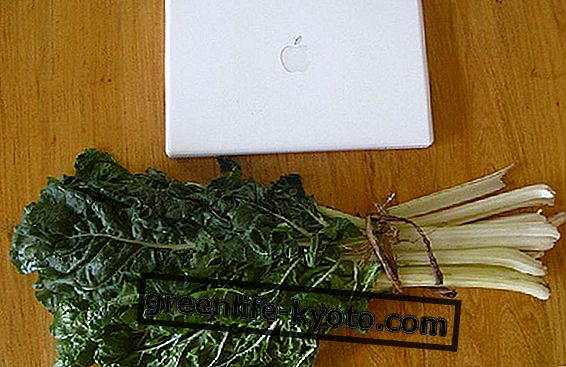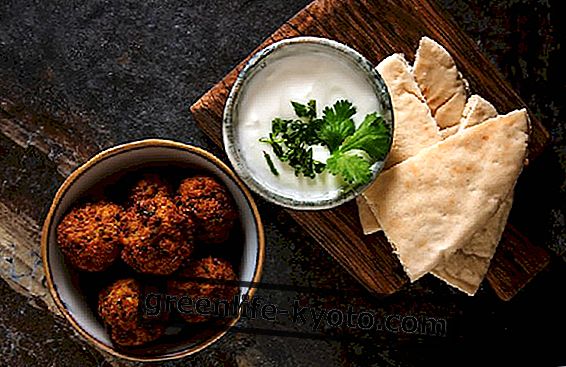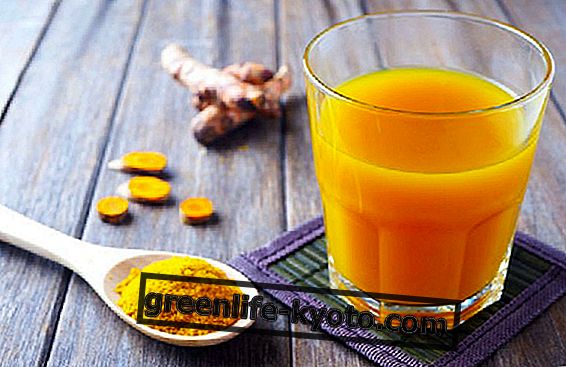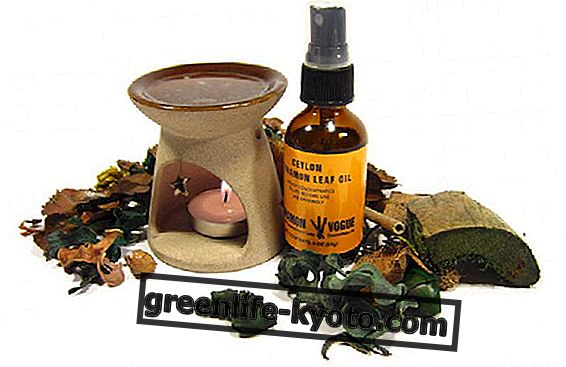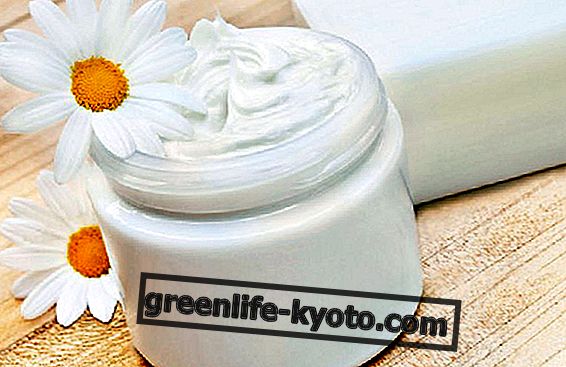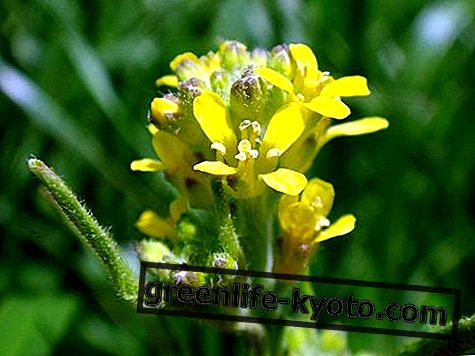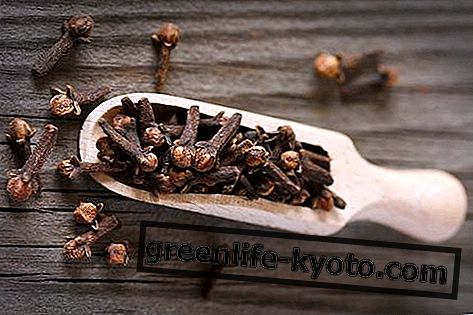
Ginger is a stimulating and tonic spice obtained from the Zingiber officinale plant. You can buy fresh or dried root, or find it in powder or extract form. Always used in the kitchen and to flavor sweets and drinks, ginger has numerous medicinal properties. It is a natural anti-inflammatory, has an excellent digestive action, and is useful as antinausea and antivertigine. In addition, ginger also has an antibiotic action that makes it useful for the health of the stomach, intestines, heart and circulatory system.
Thanks to its properties, ginger helps improve digestion, maintain intestinal bacterial flora in good condition, strengthen the immune system, accelerate metabolism and reduce levels of bad cholesterol (LDL) and body fat.
Furthermore, ginger is able to increase the sense of satiety thanks to the regulating effect of blood sugar levels, and it helps to purify the body, counteracting water retention and eliminating toxins.
These characteristics make it an excellent food to improve general health and to treat a series of diseases and symptoms in a timely manner.
13 symptoms and diseases that can be treated with ginger
Daily consumption of ginger, infused or fresh, can increase the immune system, improve metabolism and make you feel much better in general.
Consuming ginger daily for a month you can already see the benefits like the progressive detoxification of the body, an increase in energy and a lower risk of contracting diseases such as influenza.
Furthermore, ginger over time can help cure the following symptoms and disorders:
- Overweight. Frequently consumed in any of its forms, ginger is an excellent ally to reduce body weight and fight overweight and obesity.
- Sore throat and congestion. Ginger taken with tea can relieve symptoms immediately. It is also an excellent ally for treating sinusitis.
- Muscle pains. Ginger is an excellent analgesic, in fact, according to the National Institutes of Health, consuming 2 grams of ginger (equivalent to a slice) in infusion for 11 days, helps prevent or eliminate pain caused by exercise or whiplash .
- Indigestion. Eating a little fresh ginger five minutes before meals helps activate gastric juices and facilitate digestion. You can also add it in fruit juices or lemonades. In this way it becomes an excellent ally for those who frequently suffer from indigestion. Ginger also prevents gastritis and fights diarrhea.
- Weakness . Ginger improves the assimilation of essential nutrients. For this reason, just add it to your normal diet to quickly notice improvements in your metabolism.
- Nausea . Eating a piece of ginger root with a spoonful of honey can help ease the feeling of nausea.
- Gas and flatulence. Chewing a small piece of root for 5 minutes can help in these cases.
- Cramps. Adding ginger to the diet in infusions or other forms can help prevent them.
- Bad circulation. Daily consumption of fresh ginger, in tea, or in fruit juice, improves circulation and therefore prevents heart disease.
- Cancer. Not necessarily the cure, but the purification of the organism avoids this condition for some organs, as for the colon. It is also assumed that, thanks to its anti-inflammatory and antioxidant action, ginger is able to fight and prevent ovarian cancer. It is also advisable in patients who do chemotherapy because it fights nausea.
- Migraine. It is recommended to drink it as an infusion, when symptoms appear, because it is a prostaglandin inhibitor. Used especially in cases that are accompanied by nausea and vomiting, because it alleviates these symptoms.
- Premature aging. The large amount of antioxidants that ginger contains makes it an ally for healthy aging.
- Stress . The infusion of ginger helps to relax and fight it.
